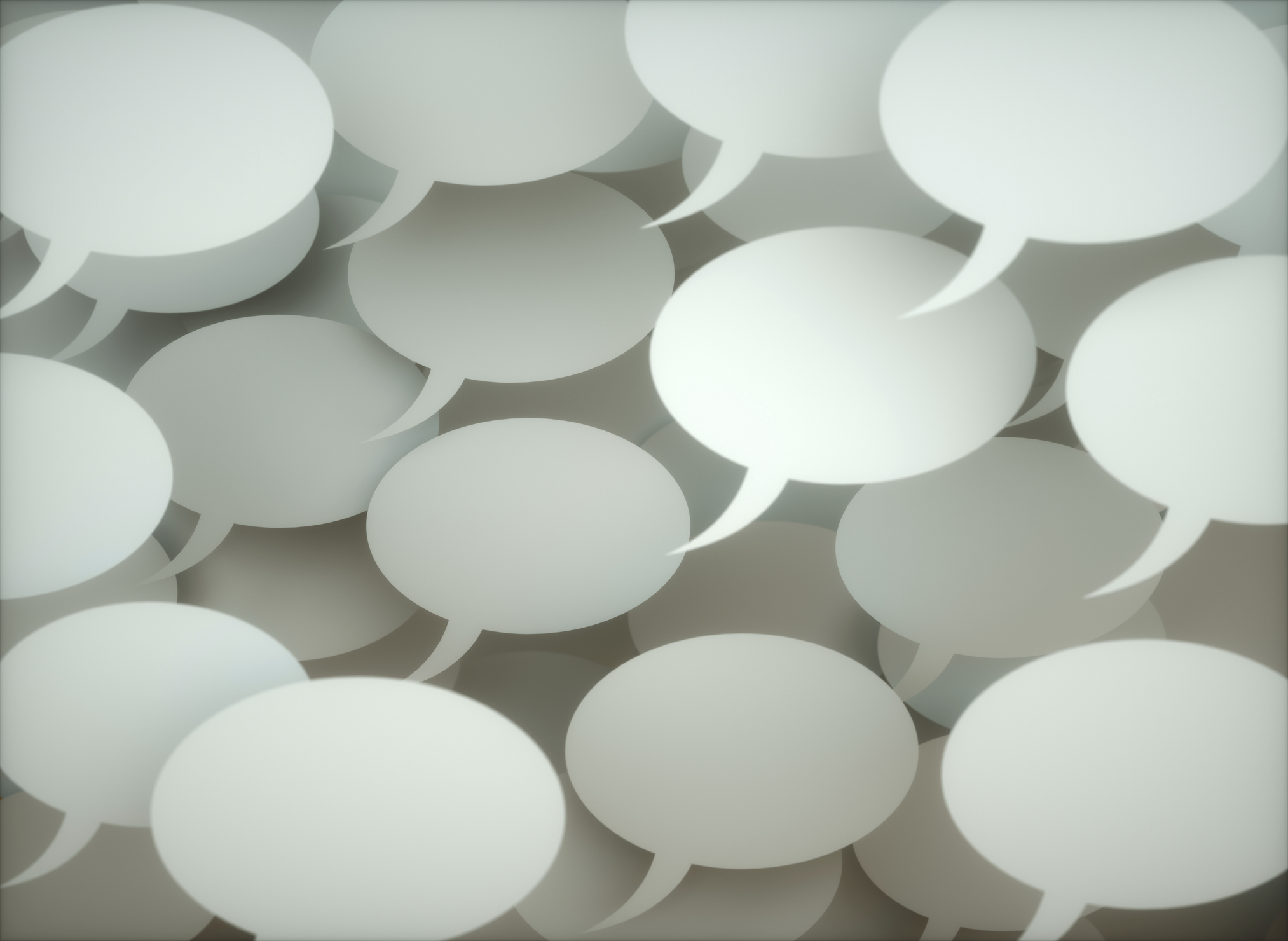
As the United States celebrates its the second year with Juneteenth as a federal holiday, many articles will be written about race relations. But I’d like to broach one topic that often falls under the radar: stereotypes.
From the first instant our eyes alight on a television or phone screen, we are inundated with a curated set of images that (supposedly) depict the world around us. These images often show people of color through a stereotypical lens, and these stereotypes bleed into our everyday lives—our workplaces, our social lives, our politics. As a social psychologist at Yale University, I am figuring out exactly how stereotypes hold us back, and what we can do about it.
When I was a young Black girl growing up in Prince George’s County, Maryland, I loved the movies. Each year, my brothers and I would gleefully wait in line to get the best seat in the theater for the latest Lord of the Rings, Harry Potter, or superhero film.
Even then, I was struck by the characters I saw. Few looked like me or my family. Those that did were one-dimensional, with limited speaking roles, often playing supporting roles to White characters. They were disproportionately poor and often criminal. They were rarely desired, easily disposed of, and never granted the nuanced and flawed inner worlds granted to White characters.
These stereotypes puzzled me. Prince George’s County, Maryland, is a majority-Black county—home to doctors, lawyers, politicians, and other Black professionals. The Black characters I saw on television didn’t reflect the rich, diverse, and joyful lives I saw around me. Why does the media put people of color into boxes? How do these stereotypes harm us as individuals and a society?
I became a social psychologist to answer these questions. Twenty years later, I now study stereotypes, determining how they maintain inequality and worm their way into day-to-day interactions. Across dozens of studies featuring thousands of participants, I find that stereotypes influence how we relate to others, leaking into conversations through the very words that people use.
In one test, I focused on White Americans. White people are subject to stereotypes, too. They’re labeled as more competent than Black people and Latina/os, and White people think that other racial groups see them as racist and entitled. I predicted that White Americans, particularly those who want to connect across racial divides—White liberals—try to reverse these stereotypes through the very words that they use.
I asked over two thousand White Americans to introduce themselves to a Black or White person online. As predicted, White liberals used fewer words related to competence (like “competitive” or “powerful”) when speaking to a Black person.
This “competence downshift” isn’t limited to a lab. I analyzed over 20 years of campaign speeches by White Democratic and Republican presidential candidates and found that White Democrats used fewer words related to competence when addressing mostly-minority audiences (e.g., NAACP ) versus mostly-White ones (e.g., American Federation of Teachers). White Republicans didn’t downshift competence, likely because they’re less interested in getting along with people of color. Sure enough, White Democrats were more likely to address audiences of color than Republicans.
For White liberals, this behavior may backfire. My colleagues and I are now testing whether White liberals who use less competent language are seen as patronizing by Black observers. If so, they may reduce, rather than improve, their chances of cross-racial connection by downshifting competence.
Do people of color also counter stereotypes using language? To find out, I analyzed 250,000 congressional remarks and one million tweets by Black and Latina/o politicians in Congress and Twitter. I focused on Black Americans and Latina/os because they tend to be stereotyped as lower in status and power than White Americans. I focused on those who are more conservative because they tend to have more positive attitudes toward White Americans and negative attitudes toward their own racial group.
I found that Black Americans and Latina/os who were more conservative used more competent language than their more liberal peers in these mostly-White settings. (There was no such effect among White politicians, or when I asked Black people to talk to other Black people.)
These data suggest that people have a profound desire to reverse negative stereotypes, and this desire shows up in everyday conversation. Stereotypes force us into rigid boxes, and we try to break free of them using the most primary tool available to us: our words.
Now an adult, I still love mainstream television and movies—and I am still largely disappointed by what I see. Most characters are White, the vast majority of spoken lines go to White characters, and many Black characters are rooted in stereotypes. (The latest season of Netflix’s hit Stranger Things provides a vivid example.) Awareness and research can help us understand what stereotypes are and how they are harmful, but until we enact large-scale, cultural changes that challenge these stereotypes, we will all continue to be shackled by them.
More Must-Reads From TIME
- The 100 Most Influential People of 2024
- How Far Trump Would Go
- Scenes From Pro-Palestinian Encampments Across U.S. Universities
- Saving Seconds Is Better Than Hours
- Why Your Breakfast Should Start with a Vegetable
- 6 Compliments That Land Every Time
- Welcome to the Golden Age of Ryan Gosling
- Want Weekly Recs on What to Watch, Read, and More? Sign Up for Worth Your Time
Contact us at letters@time.com